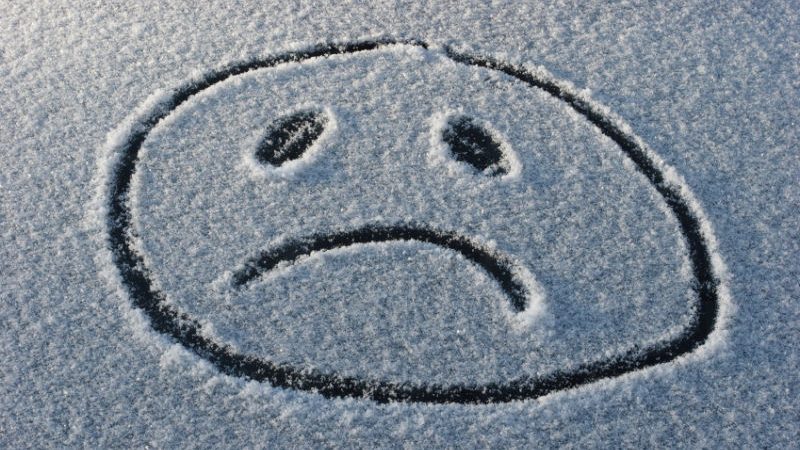Kathryn Smith, Clinical Psychologist
Ever noticed a yearly pattern of feeling sad and depressed during the winter months? While its normal to experience a change in mood during winter, some people, especially those living in very cold climates, experience what is called Seasonal Affective Disorder (SAD). SAD is defined as pattern of major depressive episodes that occur and remit with seasonal change, usually seen in the winter months in cold and dark climates.
People experiencing SAD will show symptoms of depressive behaviour including hypersomnia, changes in appetite including craving carbohydrates that inevitably leads to weight gain as well as a lack of social engagement.
There is some debate over the validity of SAD, after all its natural for people to slow down in winter as days grow shorter and colder. The condition is less commonly seen in northern parts of Australia where we experience a milder, shorter winter. However, in colder climates where light is limited and days are short, SAD can occur and statistically young women are at higher risk.
Research continues into the exact cause of the disorder but theories around the reduction of sunlight during winter affecting serotonin and melatonin, natural chemicals that regulate sleep and mood, are likely causes.
SAD is considered a specific version of major depression and symptoms are therefore quite similar. Below is a list of common depressive symptoms that may be experienced with both SAD and clinical depression.
- Depressed mood
- Changes in sleep, either too much or not enough
- Changes in appetite and weight gain
- Feelings of hopelessness
- Lethargy
- Heaviness in arms and legs
- Difficulties focusing on tasks
- Loss of pleasure in activities you usually enjoy
- And for some, thoughts of death or suicide
Whether its summer, autumn, winter or spring, how you feel inside is real and it’s important not to sweep it under the carpet and hope your mood improves. Enlisting the help of a psychologist or mental health professionals can help people who are feeling depressed to assess the thinking patterns that may cause negative thoughts and behaviours.
So, for those of you who do experience a yearly cold snap slump, or if you have been struggling with prolonged depressed mood, seeking professional help is the best way forward.
